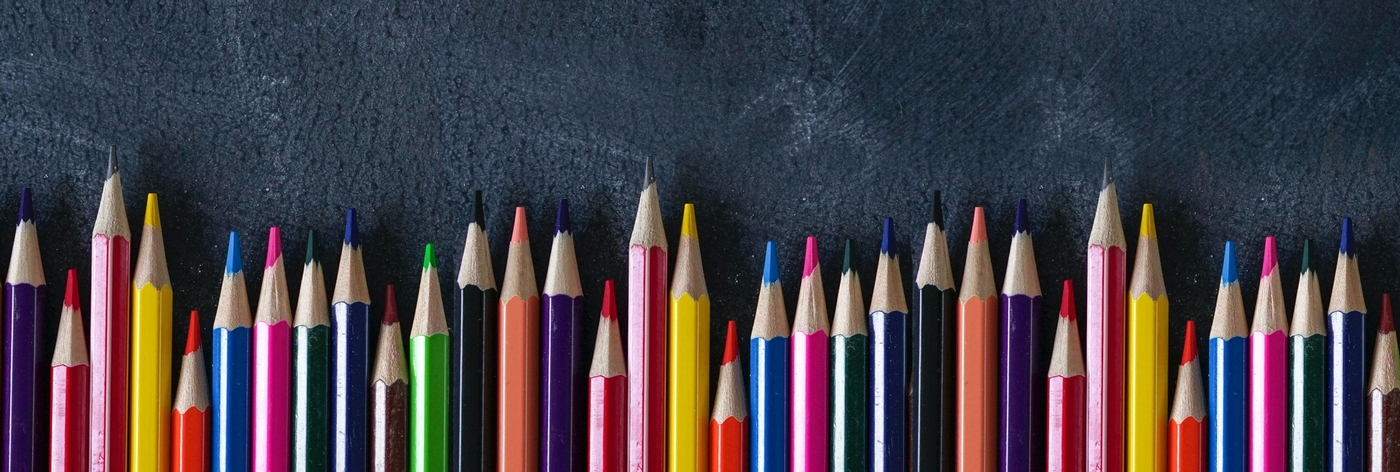 Zion Temple Christian Academy
Zion Temple Christian Academy

K4
K4 Classes

Zion Temple Christian Academy
3771 Reading Road - Cincinnati, Ohio 45229
Telephone: (513) 861-5551 Fax: (513) 861-1563
Dear Preschool Parents,
Welcome to Preschool, This is the year for our youngest learners to shine brightly in their classroom. It will be a year of excitement and amazing growth for your little ones.
We are looking forward to working with you and your child as we teach them to reach for the stars.
We believe that communication is the key to your child's success and to a great Parent/Teacher relationship. We encourage you to contact us if you have any questions or concerns at any time. We will do our best by sending home a homework/communication folder that will go out daily and will be returned to the classroom daily. The homework/communication folder will include a monthly newsletter, including what we will be learning as well as things that are upcoming. When returning the folder, feel free to include a note to your child's teacher. The teacher will respond to the note before the end of the week.
We are looking forward to our preschool adventure with your child and family.
Lord, we give this school year to you. We pray that each of our preschoolers will learn exactly what is right for them to learn. Help them to master new skills and increase their love of learning. Prepare them for what you have for them in their futures, we pray. Amen
Preschool Department
